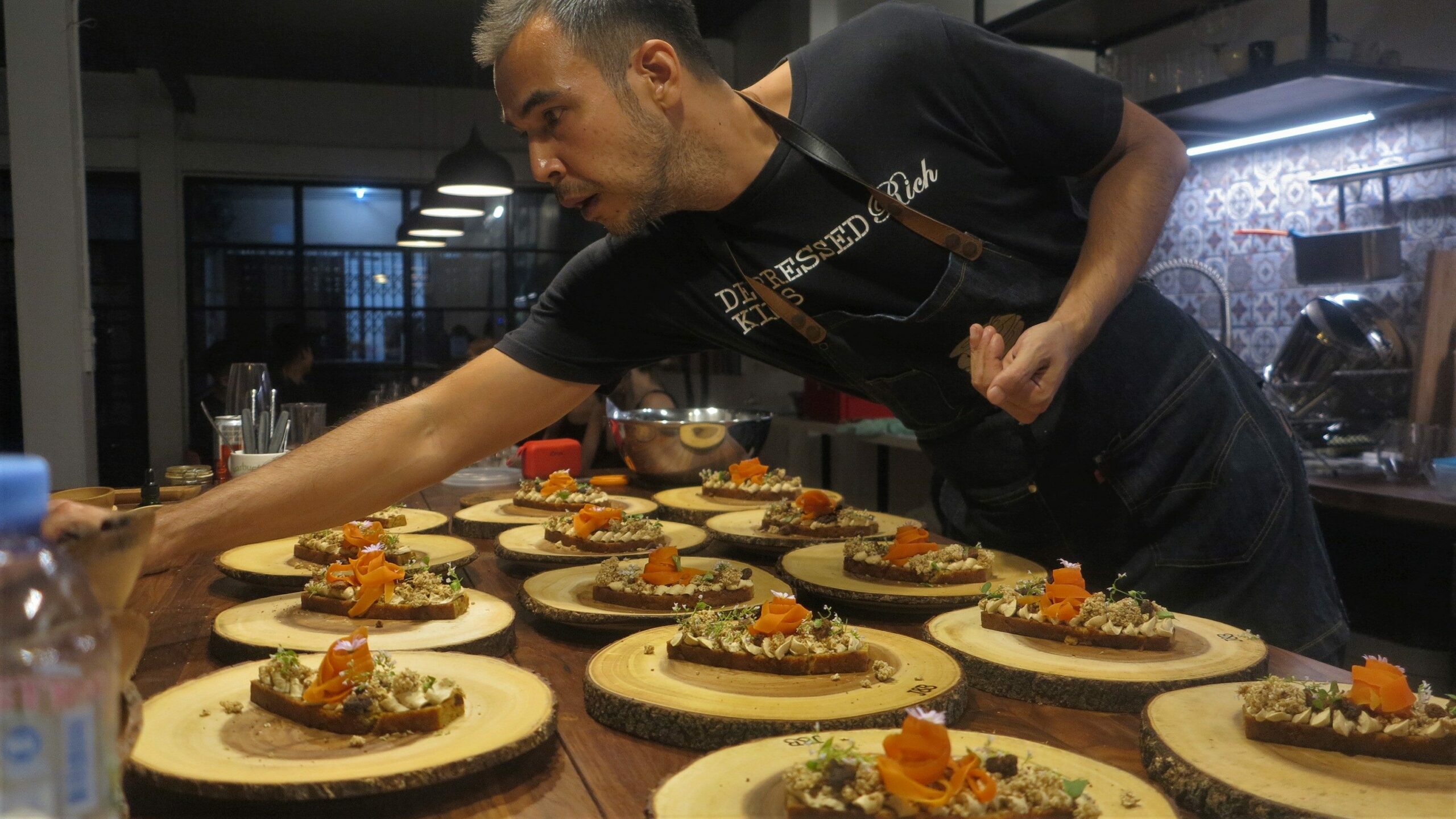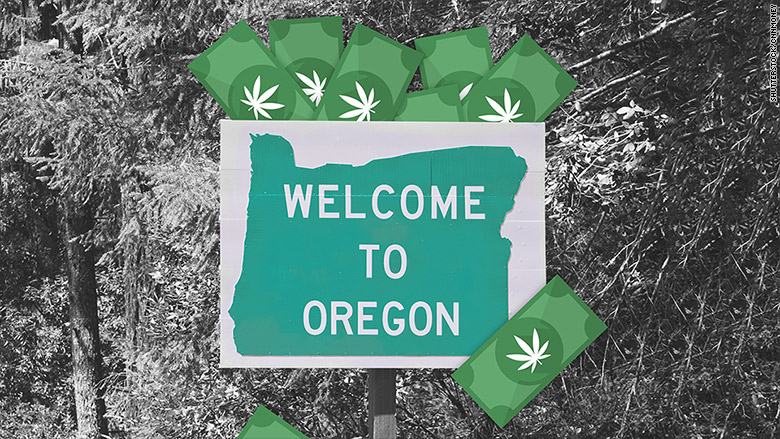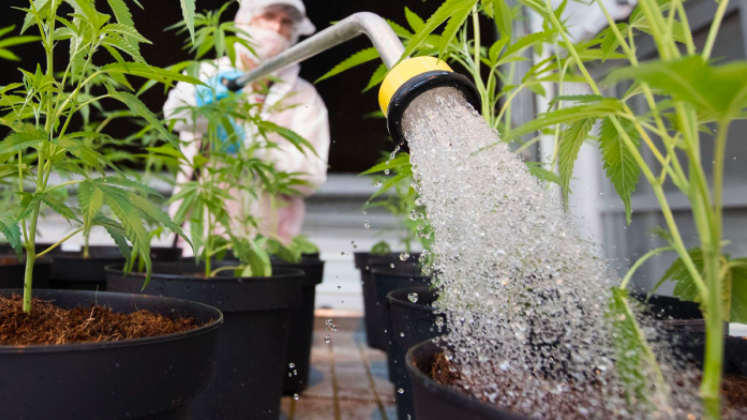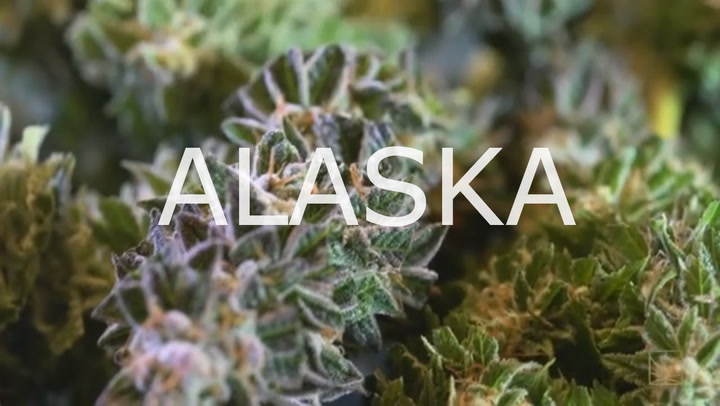Image via
Thailand’s chill cannabis laws are convincing a growing number of 5-star restaurants to incorporate weed into their cuisine.
The Slate, a top-shelf resort in Phuket, just unveiled what it claims is the country’s first 5-star cannabis tasting menu last month. The “Bong Appetit” menu, named after the Vice TV show, offers a traditional variety of seafood, meat, and appetizers. But although weed is definitely on the menu, restaurateurs are playing it safe. To comply with Thai law, most dishes only feature low-THC CBD oil and cannabis plant leaves, which won’t get you high on their own.
“We plan everything carefully,” said Thai-Swiss chef Steven John, the menu’s creator, to the South China Morning Post. The chef prepares each dish with low doses of THC and takes account of each guest’s weight and weed tolerance. This careful planning is designed to help keep the dining experience from getting derailed by first-time stoners who end up getting way too lit. John added that “we can always add in more THC, if the guest wants it,” though.
Diners who want to get even more blazed while they eat have another option, too. Between each course, customers are free to puff pre-rolls provided by companion company Elite Extract. And unlike America and Canada, Thailand allows alcohol and weed to be consumed in the same establishment.
The Slate is taking reservations for its first public weed tasting meals this month, and John plans to bring Bong Appetit to several other resorts around the country this spring. A slew of other restaurants in Bangkok and other popular tourist areas have also launched their own weed-infused menus in recent months as well. This new breed of restaurateurs hope to fully incorporate cannabis into the fine dining experience, likening the process of picking the perfect strain of weed for a meal to wine pairing.
Thailand initially legalized medical marijuana back in 2018, and the country has gradually been relaxing its once-strict cannabis policies ever since. Government officials have technically only legalized weed for purely medicinal use, but the current regulations are so chill that tourists can now easily buy weed from trucks or dispensaries all around the country.
“This is the greatest thing to happen in Thailand in years,” said Tai Taveepanichpan, who runs the Four Twenty dispensary chain, to the South China Morning Post. Tai said that about 70% of his customers are tourists, and many of them make a beeline straight from the airport to one of his dispensaries.
The future of Thailand’s cannabis dining scene remains uncertain, though, as is the future of its weed industry in general. Some Thai lawmakers are appalled at the sudden proliferation of pot and are fighting to recriminalize cannabis, while others are working to maintain the country’s current pot liberalization policies. Tourism officials have also pushed for Thailand to become Asia’s top weed tourist destination, but again, others are fighting against these plans.
Lawmakers were hoping to pass a cannabis regulatory bill last month, but the issue has proved so divisive that lawmakers have failed to reach a consensus. Now that the bill has stalled, lawmakers are unlikely to broach the topic again until after this year’s election, which will be held in May. Until then, the country’s laissez-faire approach to cannabis and fine dining is likely to continue.











